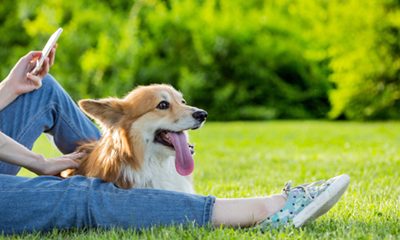Petplan teams up with TiksPac to fight dog fouling

Petplan, the pet insurance company, has partnered with TiksPac to help local communities reduce dog fouling.

Become a member for unlimited access
Remove all content restrictions with a membership account. First-year special offer pricing. Cancel any time.
You have read 2/2 free articles this month.

How many members should have access to the subscription?
Monthly
Yearly
Save £9.89
No, thanks
I already have an account

Petplan, the pet insurance company, has partnered with TiksPac to help local communities reduce dog fouling.